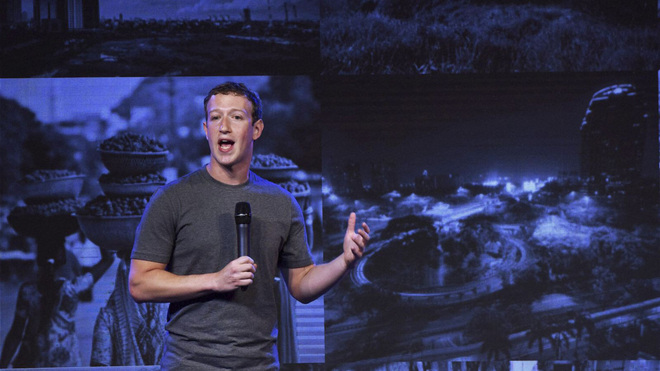
With Free Basics, you don’t pay for data, but in return get to access only a handful of websites
Vaibhav Sharma
After the Prime Minister’s Silicon Valley visit, Facebook has been under the limelight. First through the townhall that Mark Zuckerberg hosted, and then because of the Internet.org rebrand to ‘Free Basics’, and the accompanying media blitz. Through this service, Facebook wants to offer internet access to the poor, for free. On the face of it, that seems like a noble idea, much in line with the government’s own Digital India project — after all, what can be wrong in giving someone access to internet, albeit limited, rather than them having no internet at all?
The answer to that question is complex. First, we must examine what Facebook’s motivations are. It is the world’s largest social network. It also owns three of the most downloaded apps on the App Store — WhatsApp, Facebook, and Messenger, making us virtually dependent on it for our communication needs. There is nothing wrong with that, in fact that’s Capitalism 101.
But the fact is that Facebook’s growth is slowing down in the more developed countries where its penetration is already sky high.
Therefore, the new wave of users can only come from the so-called ‘developing nations’, where a large part of the population still does not have access to the internet. So what is the problem if Facebook helps people get online, while trying to bring-in more users to its service? The answer is net neutrality. When Facebook says it wants users to have free access to the internet, that ‘Internet’ is in fact only a selection of websites that Facebook approves. So while anyone can apply to have their website available via Free Basics for free, Facebook will be the arbiter of who gets through. That’s where the problem starts.
Net Neutrality means that everyone should have access to all content and applications regardless of the source, and without favouring or blocking particular products or websites.
But Free Basics does quite the opposite. When the internet was growing, it was basically just one computer trying to connect to the other, much like how calls on telephones worked. The way you were charged was the same, they didn’t care about who you called. It could be your doctor or your drug dealer.
The premise was that you pay a fixed charge based on the duration of the call, and it didn’t matter if the person on the other end gave you the location to the elixir of life or told a horrible joke that you couldn’t possibly laugh at. This is how the internet evolved as well, even today we pay a fixed sum of money based on the amount of data we consume, it doesn’t matter if you spend your 100 GB allowance streaming YouTube, on online gaming, or having video chats with people on the other side of the world.
Free Basics adds a new dimension to this. You don’t pay for data, but in return you get to access only a handful of websites.
The idea is that the service is tailored towards the poor, but college students would just as easily be lured by it. Why pay to use Skype or Viber, when you can use WhatsApp and Facebook Messenger for free? Soon, we would have a set of services that are flourishing because Facebook has let them into the Free Basics garden, while the others it had decided to reject, start to collapse in the wake of the mass user migration.
Next, if Facebook can be allowed to run such a service, why shouldn’t Airtel get to run its ‘Zero’ plan that effectively does the same thing, but without the cover of a ‘for poor’ tagline. Airtel was forced to withdraw its service in light of the severe criticism the plan garnered in social media. Facebook is still trying to gain support for its service by misleading banners that ask users if they support a free internet, while only giving them a ‘Yes, I’m in’ button. The company then collects all these submissions garnered in a somewhat malafide manner, and presents it to the government as grass root support among the people.
The bottom line is simple, if the company is really invested in getting users in rural areas online, bereft of any sinister motivations, it should offer a small amount of data free to users, perhaps conditional on signing in with Facebook, but without acting as a gatekeeper of what they can access. Zero plans have no place, if the internet is to continue to foster innovation and be a hotbed of unbridled opportunity.



























